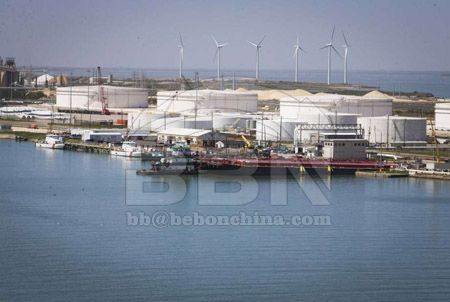
When encountering heavy rain or continuous heavy rainfall, the safe operation of oil tanks will be affected. For example, if the oil tank is submerged, the oil unloading valve and the flame arrestor valve are broken by water, causing the oil tank to leak. The oil tank area must do emergency work to prevent rainstorms to ensure the safety of the oil tank.
1. Closely observe the changes in the water level in the storage area of the oil tank during heavy rain. If the water level rises to the dangerous range, perform drainage work immediately.
2. There are more thunderstorms in heavy rain, and lightning protection devices should be installed in the oil tank area to avoid lightning accidents.
3. Observe the underground water level of the oil tank area at any time, clean and dredge the drainage ditch in time to ensure unobstructed drainage, and avoid water leakage and corrosion at the bottom of the oil tanks due to untimely drainage.
4. Check whether the sealing conditions of the oil discharge port and the oil measuring port are intact to prevent rainwater from infiltrating the oil tank from the oil discharge port and the oil measuring port, which affects the oil quality.
5. In the event of continuous heavy rainfall, the inspection of the oil tank area should be strengthened, and monitoring should be carried out from time to time. Pay close attention to the soil moisture content of the tank area in order to quickly take emergency measures.
Just like you, 70% customers choose long-term cooperation with BBN steel not only for our good product and service quality, good reputation in the international market, but also for our experienced one-stop raw material supply and further steel processing!
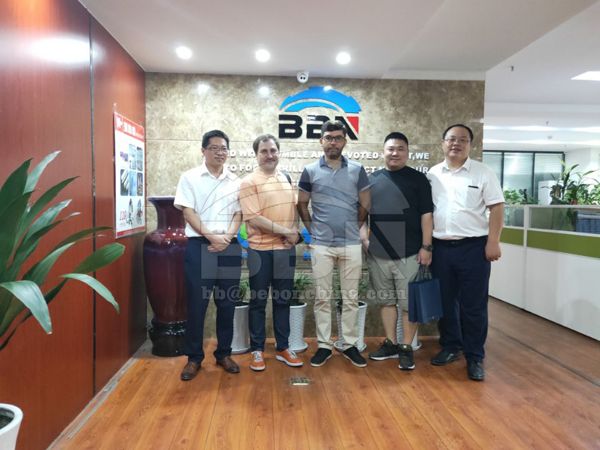
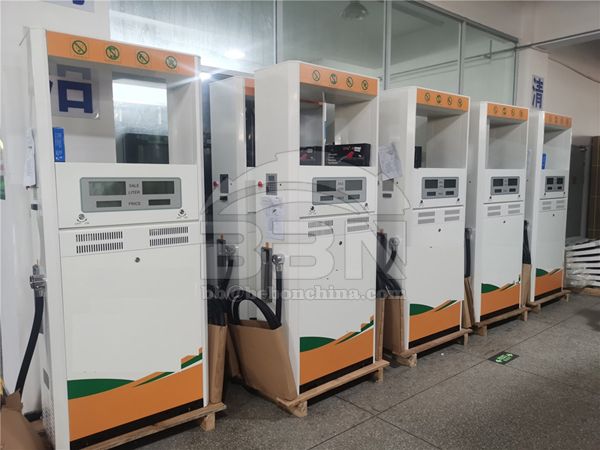
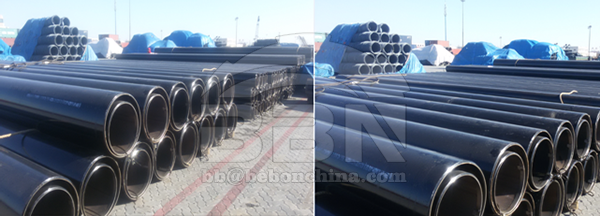
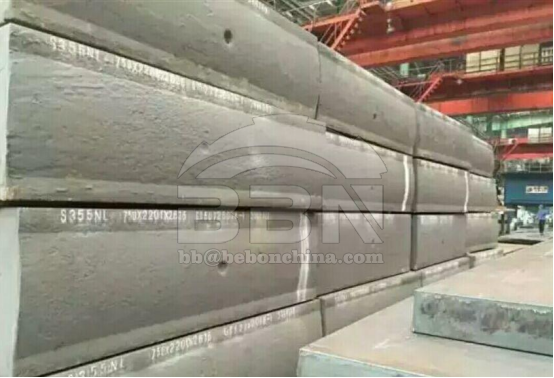

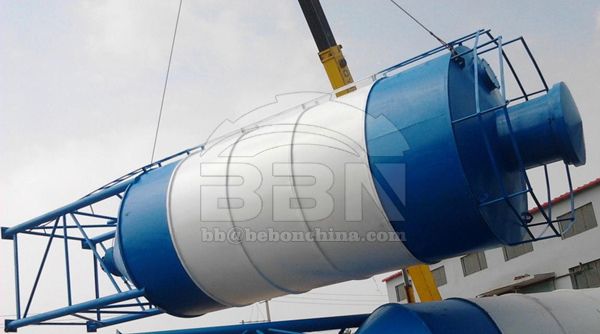
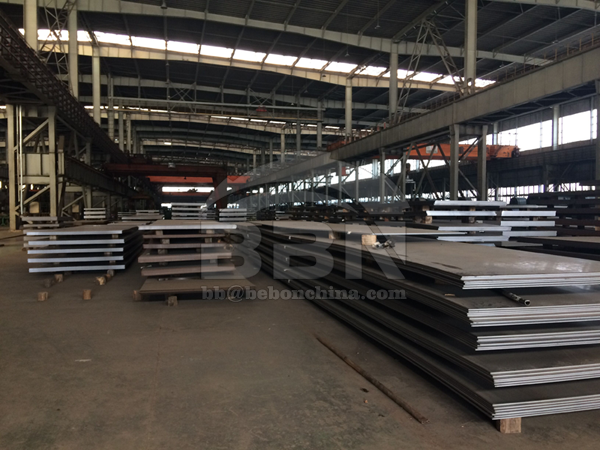

Henan BEBON Iron&Steel co.,ltd.